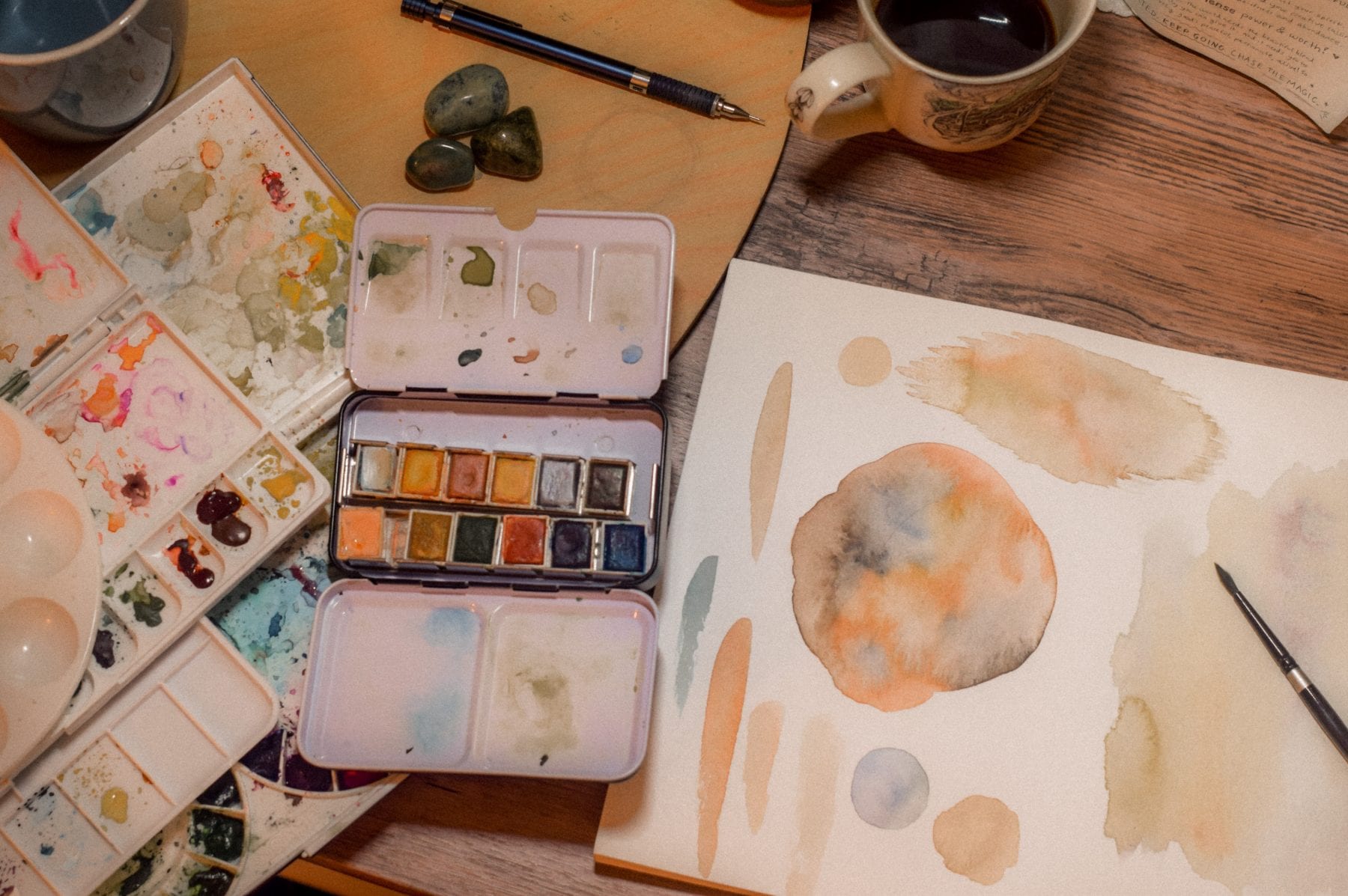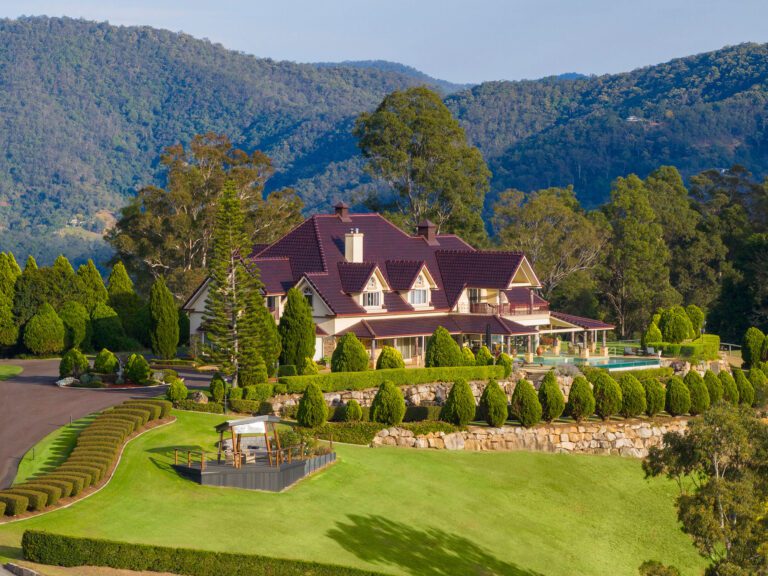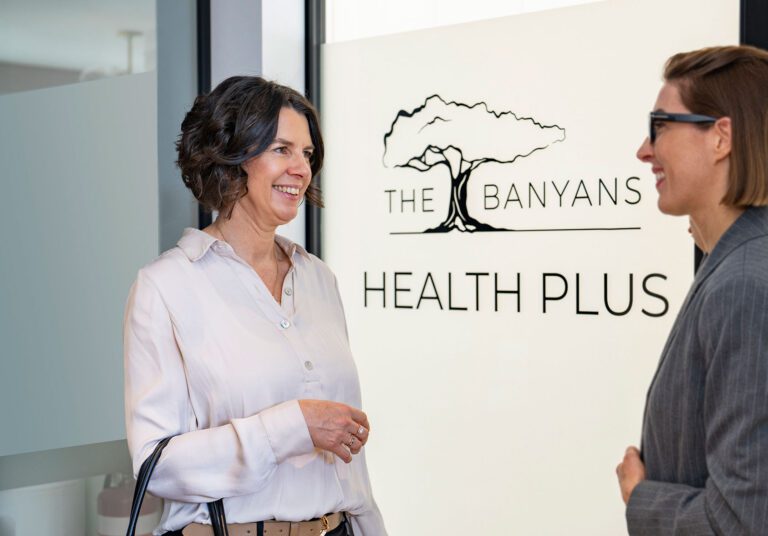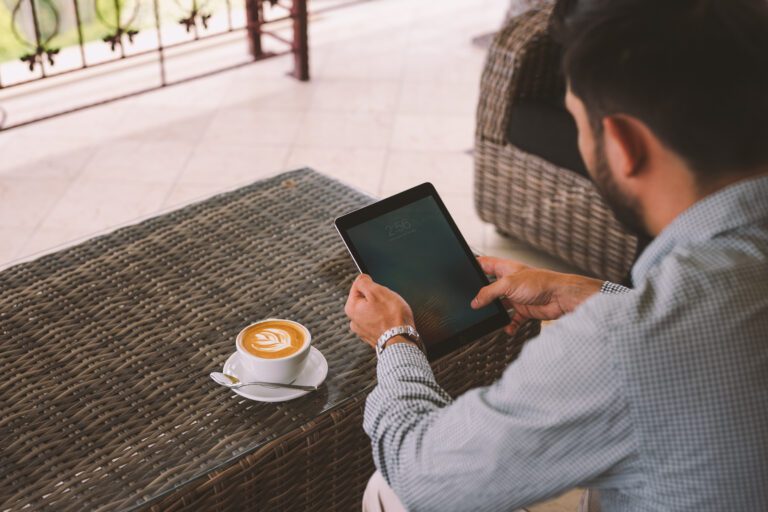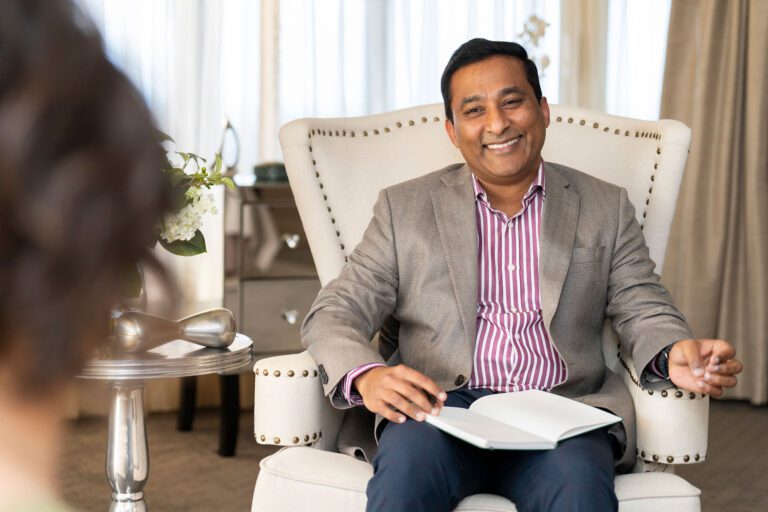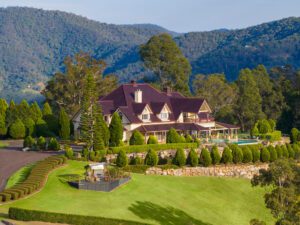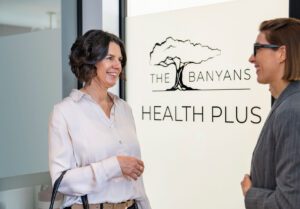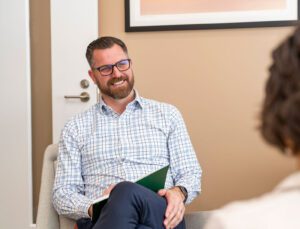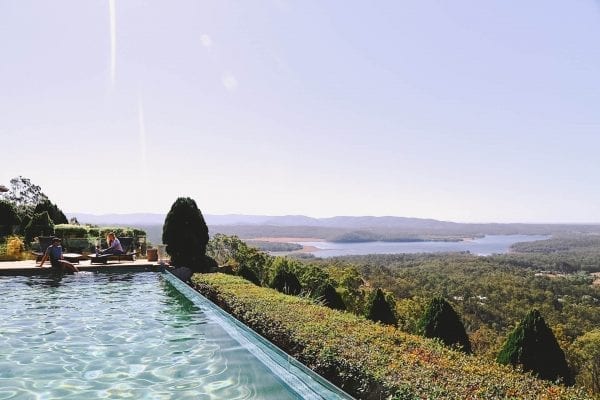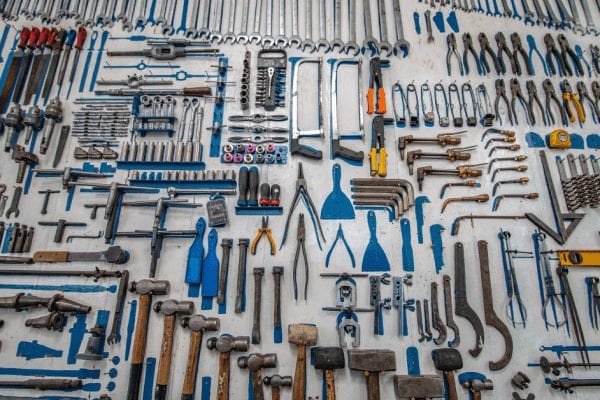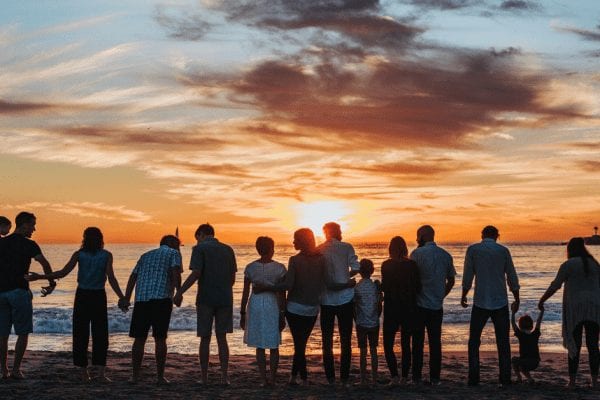
Despite its overwhelming benefits and stories of success, art therapy remains a somewhat unspoken alternative therapy.
Contributors: Cielle van Vuuren, Art Therapist at The Banyans and Lauren Phillips, Marketing and Communications at The Banyans
According to the National Survey of Mental Health and Well Being, 65% of Australians will experience a traumatic event at some point in their life. And with an estimated 12% of these individuals developing a post-traumatic stress disorder (PTSD) as a result, alternative trauma therapies involving art and creativity have long helped those struggling on their journey to recovery.
While the stigma still remains that PTSD is an illness associated only with returning veterans and service people, the leading cause of PTSD is actually serious car accidents and acts of violence. But because the experiences of trauma are often so repressed, alternative therapies such as art therapy can be particularly beneficial for those suffering from PTSD.
Related: What is PTSD, its symptoms and debunking the myths around it?
What is art therapy?
Art therapy traditionally works in three stages. First, it provides a way for a person to recall and express their trauma through non-verbal communication. Second, the art created allows patients to decipher, process and bring meaning out of their experience. And then third, through engaging with traditional therapy methods, it allows individuals to change the narrative of how they control and react to memories of these traumatic events.
Art therapy is not concerned with the final product or becoming the next Picasso. Instead, it engages creativity to find meaning and reconsolidation for the traumatic experiences we face.
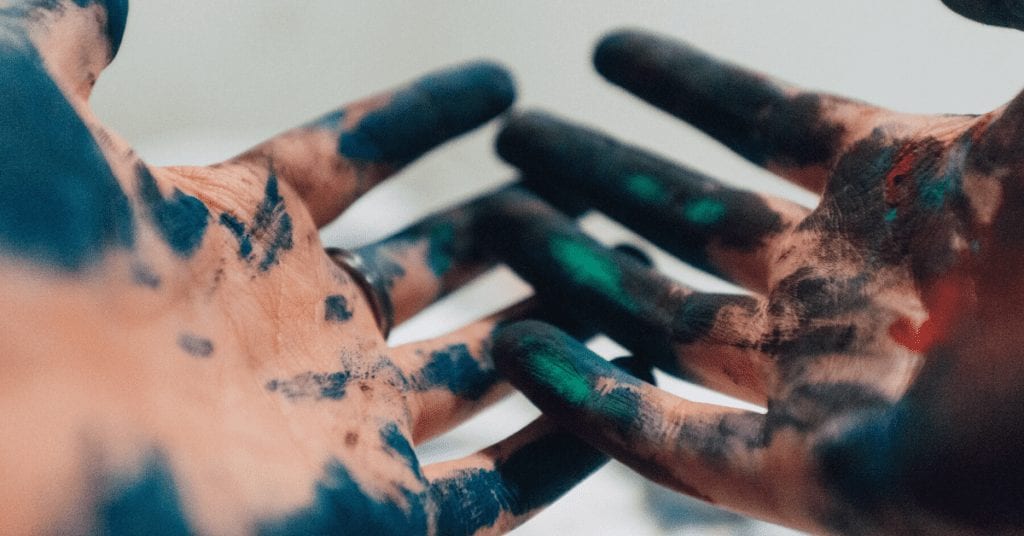
Often individuals struggling with trauma and PTSD are not able to express or are hesitant to process their inner feelings and unconscious thoughts in traditional therapy. So art therapy bridges the gap between these emotions by guiding individuals to create something tangible as a physical representation of their experience.
Types of art therapy
There are many different mediums used in art therapy, but some common methods include:
- Painting
- Mask Making
- Sandtray Work
- Clay Sculpting
- Drawing
- Collaging
The wide variety of creative expressions used in art therapy allows individuals to choose a medium or combination of mediums that best help them to visualise their experience and story.
Art therapy engages both the left and right hemispheres of your brain
As we tell our stories of trauma, both hemispheres of the brain play an important role in expressing and understanding the trauma. Neuroscience research into how traumatic events are encoded by the brains shows that the right hemisphere stores the trauma experience as implicit memory while the left hemisphere translates this experience into verbal communication. The interconnection between these two hemispheres are vital as individuals process and reconsolidate the trauma.
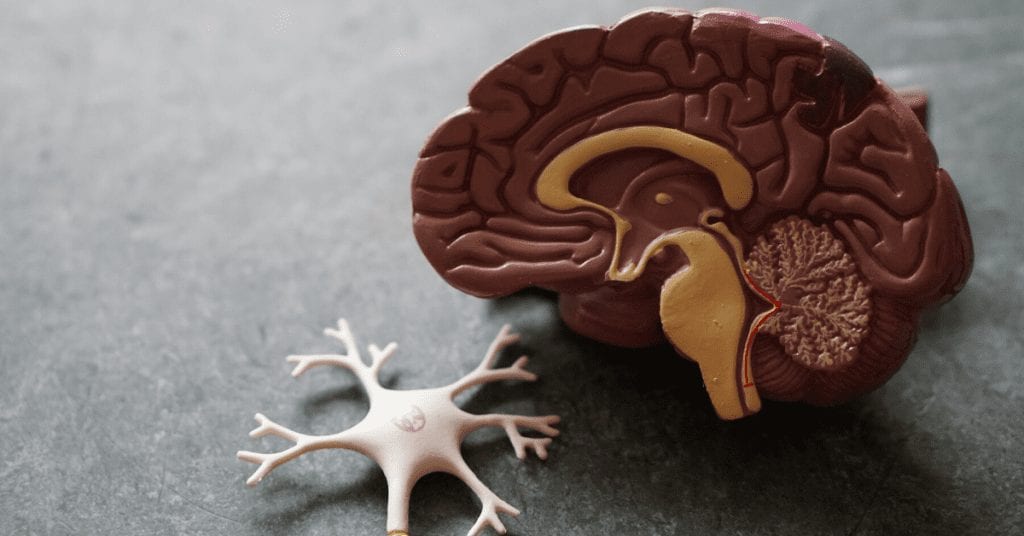
With traditional methods of therapy usually engaging the left hemisphere of our brains to express trauma, the memories which are held in the right hemisphere remained untouched. Through the kinaesthetic process of creating art, it unlocks memories and subconscious emotions we find it hard to articulate or may not even know are there.
The ultimate goal of therapy for PTSD and trauma patients, is to create a new pathway of thinking and behaviour when a memory or thought arises relating to the traumatic event. Art therapy paves the way to emotionally correct the traumatic experience through a creative activity, facilitating the healing process.
A personal recount of art therapy: Cielle van Vuuren
Our highly qualified Art Therapist, Cielle van Vuuren, has spent many years both creating art professionally and using art therapy to help others in their process of healing.
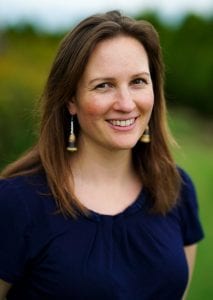
“I believe that everyone is creative,” says Cielle.
As a migrant from Zimbabwe, dealing with the loss of her mom in 2010 and suffering from postnatal depression, Cielle has experienced firsthand the benefits that art therapy can have on the road to recovery from mental illnesses.
“I have struggled with depression at times and anxiety, so I am passionate about creating art and facilitating the art-making process for others as a way of holding a space to help express and explore the healing process.”
Cielle knows art therapy to be a powerful tool for individuals to externalise the images and emotions that have haunted their thoughts and allow for new neurological pathways to be created.
The benefits of art therapy
Beyond aiding in the recovery of PTSD and trauma, artistic creativity can have immense benefits for every person.
With the innate human desire for self-expression, art therapy has been proven to help people imagine a more hopeful future, lower stress and increase focus. Also, research has shown that participation in art activates the reward senses in our brain. This suggests that art therapy would also be useful in the treatment of addictive behaviours.
Receive treatment for PTSD and trauma at The Banyans
The Banyans take a multimodal approach to treating trauma and PTSD. Integrating traditional therapy methods alongside alternative therapies including art, music and equine therapy. The Banyans offer an all-inclusive, holistic approach to recovery.
Benefit from effective treatment and one-on-one therapy to gain measurable outcomes and freedom from your destructive patterns. Our Intake Team are available any time to help you design a personalised program for private addiction rehab.
For a confidential discussion about how you or someone you care about can benefit from The Banyans, call us on 1300 BANYAN (1300 226 926) or complete the online form below.


